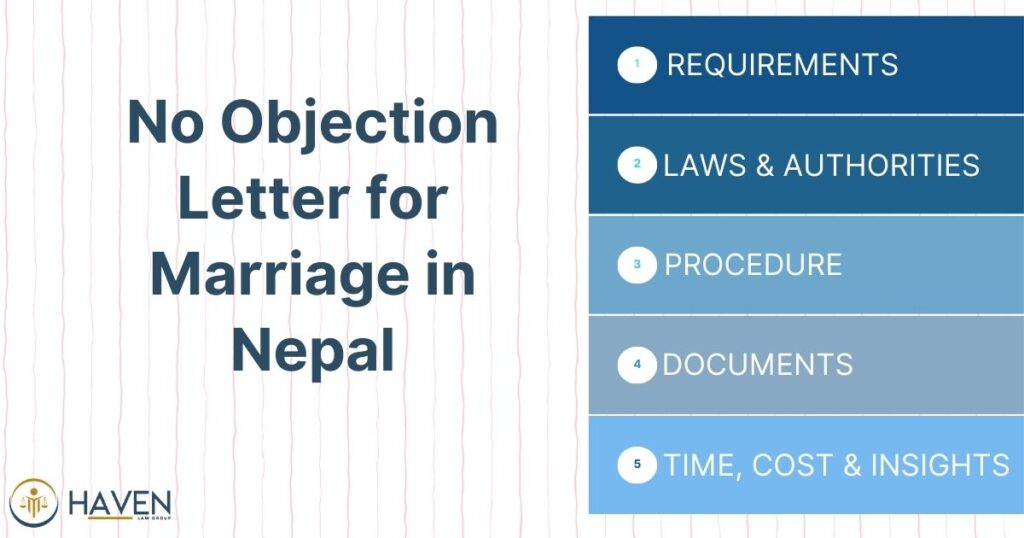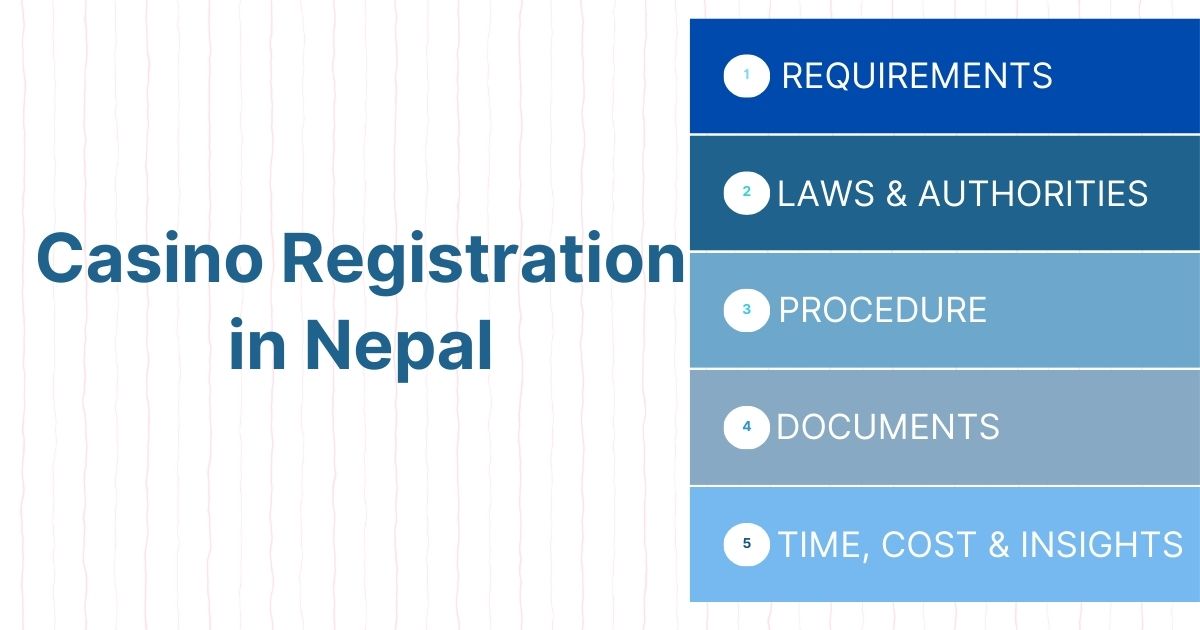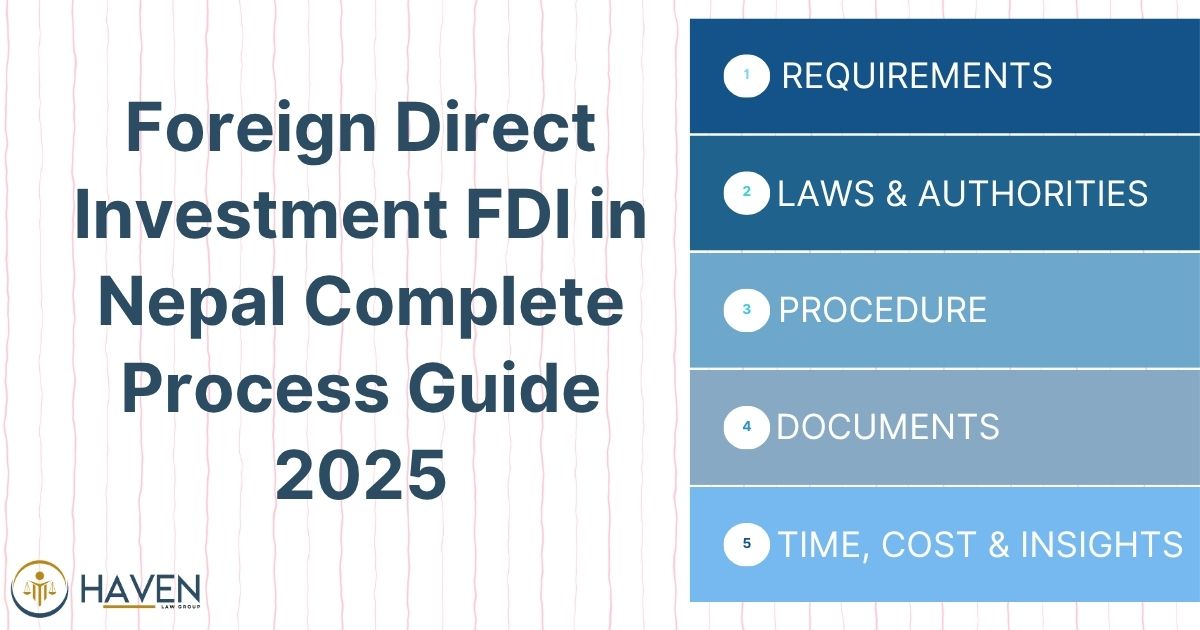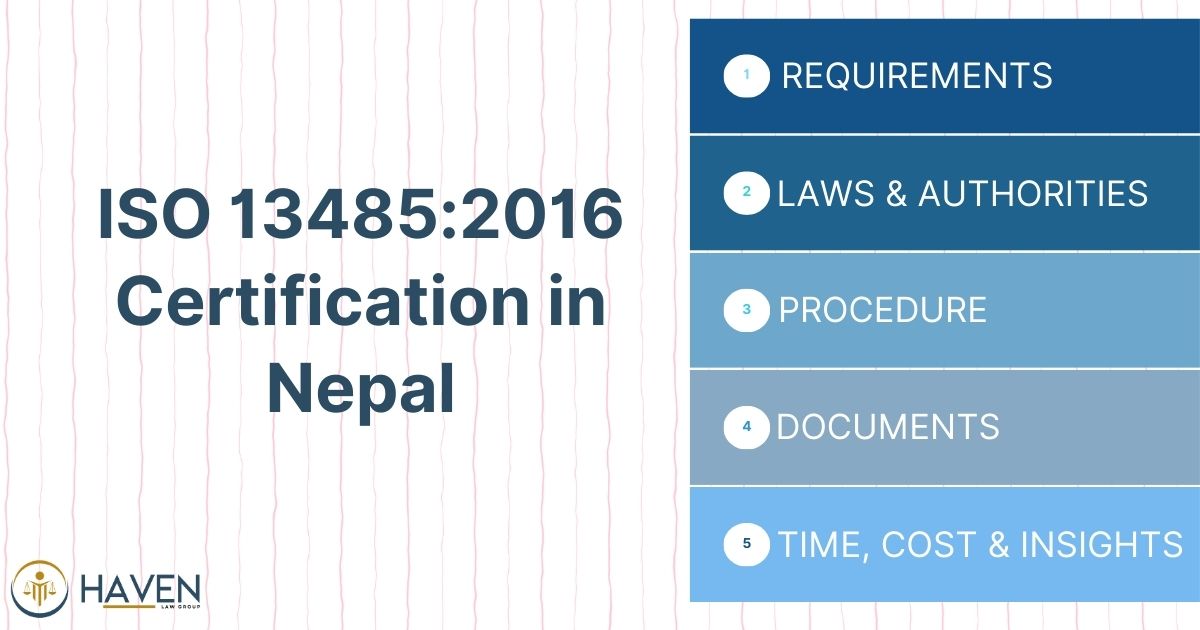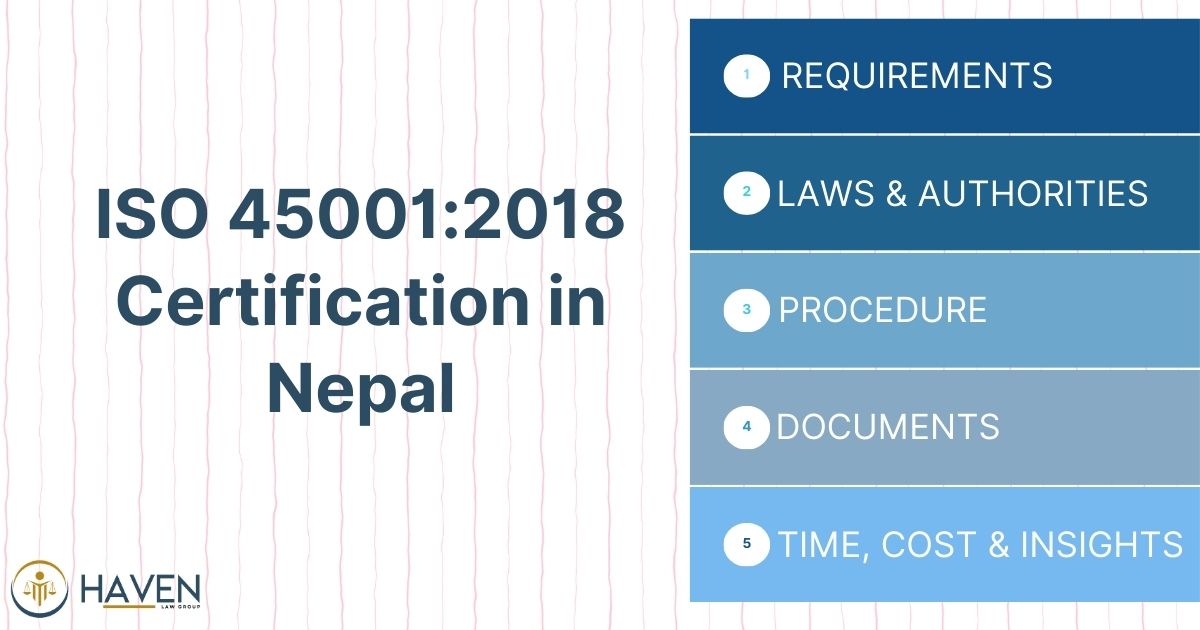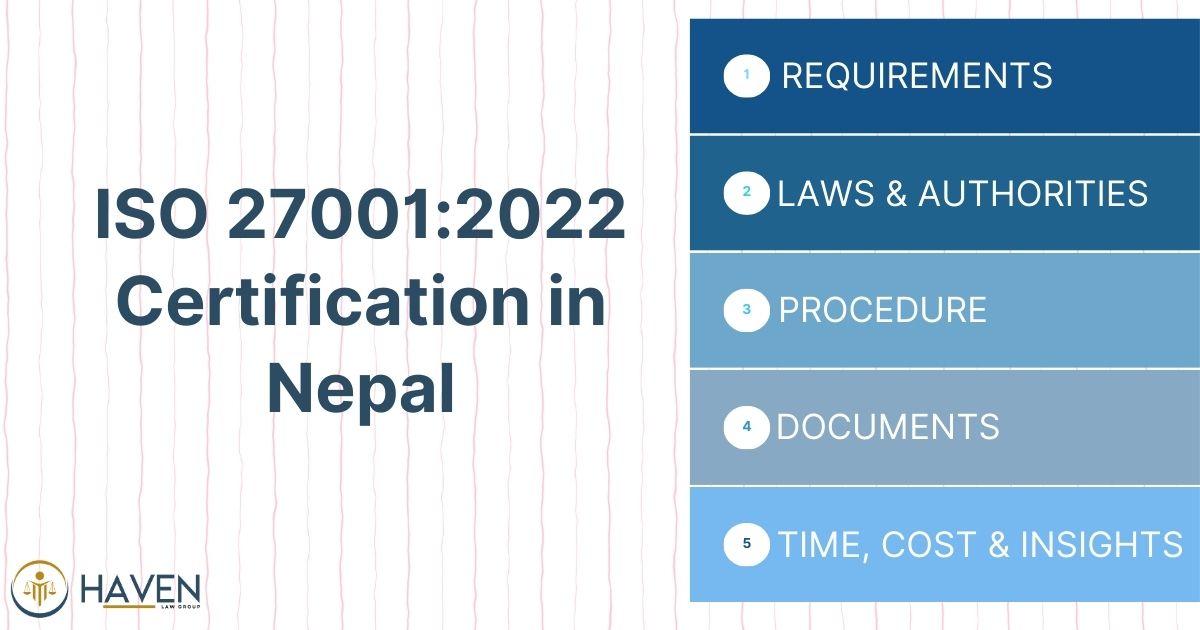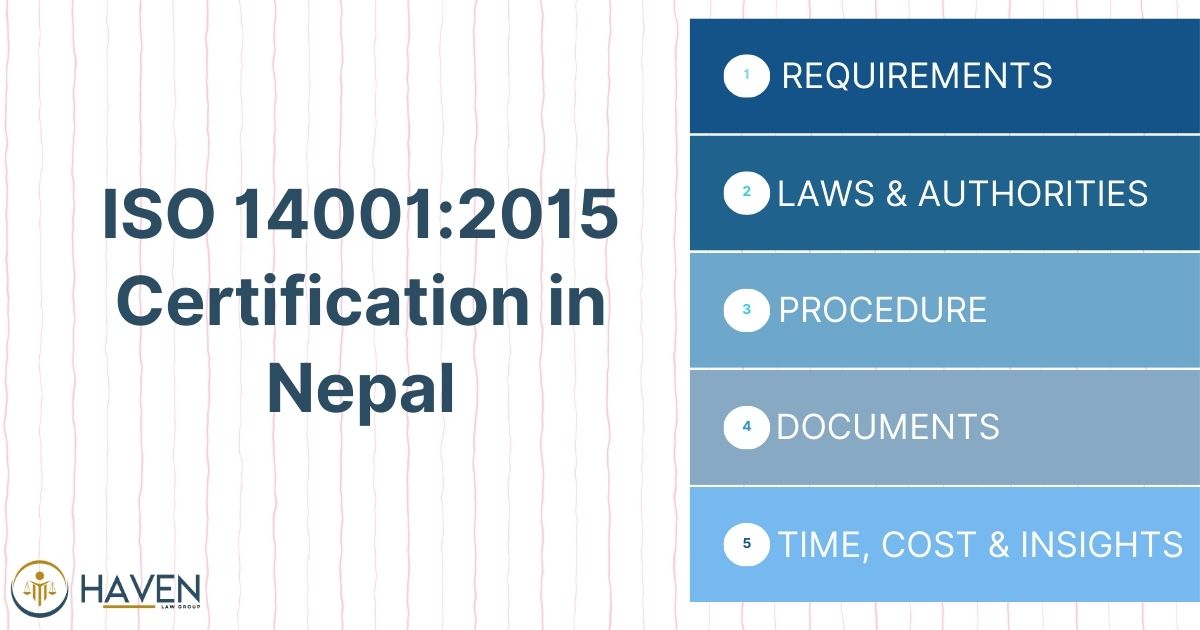What is a no objection letter for marriage in Nepal?
A no objection letter for marriage in Nepal is an official document issued by the relevant authorities, typically the Ministry of Foreign Affairs or the concerned embassy, stating that there are no legal impediments to the marriage. This letter serves as a formal declaration that the issuing authority has no objections to the proposed marriage.
In Nepal, this document is often required for marriages involving foreign nationals or Nepali citizens marrying abroad. The no objection letter ensures compliance with legal requirements and helps prevent fraudulent marriages or those that may violate Nepali laws. It is an essential part of the marriage registration process for certain cases in Nepal.
Who needs a no objection letter for marriage?
In Nepal, several categories of individuals require a no-objection letter for marriage:
- Nepali citizens marrying foreign nationals in Nepal
- Nepali citizens planning to marry abroad
- Foreign nationals marrying in Nepal
- Nepali citizens working or residing abroad who wish to marry in their country of residence
- Individuals with dual citizenship involving Nepal and another country
The requirement for a no objection letter aims to protect Nepali citizens from potential exploitation, ensure compliance with Nepali marriage laws, and prevent fraudulent marriages. It also helps verify the marital status and eligibility of the individuals involved. The Nepal Civil Code 2074 (2017) and the Marriage Registration Act 2028 (1971) provide the legal framework for marriage regulations in Nepal, including the requirement for no-objection letters in specific cases.
How to obtain a no objection letter in Nepal?
To obtain a no objection letter for marriage in Nepal, follow these steps:
- Gather required documents (passport, citizenship certificate, birth certificate, etc.)
- Visit the Department of Consular Services, Ministry of Foreign Affairs
- Submit the application form along with necessary documents
- Pay the required fee
- Undergo an interview process (if required)
- Wait for the processing and verification of documents
- Collect the no-objection letter once issued
The process may vary slightly depending on the specific circumstances and the issuing authority. For Nepali citizens marrying abroad, the process might involve the embassy of the country where the marriage will take place. It’s advisable to contact the relevant authorities or seek legal counsel to ensure compliance with the most current procedures and requirements.
Is a no objection letter required for foreigners marrying in Nepal?
Yes, foreigners marrying in Nepal generally require a no-objection letter. This requirement applies to marriages between:
- A foreign national and a Nepali citizen
- Two foreign nationals in Nepal
The no objection letter for foreigners is typically issued by their respective embassies or diplomatic missions in Nepal. This document confirms that the foreign national is legally eligible to marry and that their home country has no objections to the marriage. The letter helps Nepali authorities verify the marital status and legal capacity of the foreign national to enter into marriage. It also serves as a protective measure against potential immigration fraud or forced marriages. Foreigners should contact their embassy in Nepal or the nearest diplomatic mission to obtain this letter before proceeding with marriage registration in Nepal.
What documents are needed for a no-objection letter?
The documents required for obtaining a no-objection letter for marriage in Nepal typically include:
- Valid passport
- Nepali citizenship certificate (for Nepali citizens)
- Birth certificate
- Recent passport-sized photographs
- Marriage application form
- Single status certificate or divorce decree (if applicable)
- Police clearance certificate
- Proof of residence
- Letter of intent to marry
- Affidavit of eligibility to marry
- Visa and immigration documents (for foreigners)
- Employment letter or proof of income (in some cases)
The specific requirements may vary depending on the issuing authority and the individual circumstances. It’s advisable to check with the Department of Consular Services or the relevant embassy for the most up-to-date list of required documents. Ensuring all necessary documents are prepared and submitted correctly can help expedite the process of obtaining the no-objection letter.
How long does it take to get a no-objection letter?
The processing time for a no objection letter in Nepal can vary depending on several factors:
- Workload of the issuing authority
- Completeness and accuracy of submitted documents
- Complexity of the case
- Verification process requirements
Typically, the process can take anywhere from a few days to several weeks. Simple, straightforward cases with all documents in order may be processed within 3-5 working days. More complex cases or those requiring additional verification might take 2-4 weeks or longer. It’s advisable to apply well in advance of the planned marriage date to allow for any potential delays or additional document requests. Applicants can often inquire about the status of their application during the processing period. The Department of Consular Services or the relevant embassy can provide more specific timelines based on current processing times and individual circumstances.
Can embassies issue no-objection letters?
Yes, embassies can issue no objection letters for marriage. This is particularly relevant in the following scenarios:
- Foreign embassies in Nepal issuing letters for their citizens marrying in Nepal
- Nepali embassies abroad issuing letters for Nepali citizens marrying in foreign countries
- Foreign embassies in Nepal providing letters for Nepali citizens marrying their nationals
The process typically involves:
- Contacting the relevant embassy
- Submitting required documents
- Paying applicable fees
- Undergoing an interview (if required)
- Waiting for the letter to be processed and issued
Embassy-issued no objection letters are generally accepted by Nepali authorities for marriage registration purposes. However, the specific requirements and procedures can vary between embassies, so it’s advisable to contact the relevant embassy directly for the most accurate and up-to-date information regarding their no-objection letter issuance process.
Are fees required for a no-objection letter?
Yes, fees are typically required for obtaining a no objection letter for marriage in Nepal. The fee structure may vary depending on the issuing authority and the specific circumstances of the application. Here are some key points regarding fees:
- The Department of Consular Services charges a fee for processing no-objection letters
- Embassies may have their own fee structures for issuing these letters
- Fees can vary for Nepali citizens and foreign nationals
- Additional charges may apply for expedited processing or special circumstances
- Payment methods can include cash, bank drafts, or electronic transfers, depending on the authority
It’s important to note that fee amounts can change, and there may be different rates for various services related to the no objection letter. Applicants should check with the relevant authority for the most current fee information before submitting their application. Always obtain an official receipt for any fees paid to ensure proper documentation of the transaction.
Is a no-objection letter mandatory for all marriages?
A no objection letter is not mandatory for all marriages in Nepal. Its requirement depends on specific circumstances:
Mandatory cases:
- Nepali citizens marrying foreign nationals in Nepal
- Nepali citizens marrying abroad
- Foreign nationals marrying in Nepal
Not typically required:
- Marriages between two Nepali citizens within Nepal
The Marriage Registration Act 2028 (1971) and the Nepal Civil Code 2074 (2017) provide the legal framework for marriage requirements in Nepal. These laws aim to ensure that marriages comply with Nepali legal standards and protect individuals from potential exploitation or fraud. While not all marriages require a no objection letter, it’s an essential document for cases involving international elements or when Nepali citizens marry abroad. It’s advisable to consult with local authorities or legal professionals to determine if a no-objection letter is necessary for a specific marriage situation.
Can no-objection letters be obtained online?
Currently, the process of obtaining a no-objection letter for marriage in Nepal is not fully available online. However, some aspects of the application process may have online components:
- Downloading application forms from official websites
- Scheduling appointments online
- Checking application status through online portals
- Submitting initial inquiries via email
The primary reasons for not offering a fully online process include:
- Need for document verification
- Requirement for in-person interviews in some cases
- Necessity of original document submission
- Security concerns related to identity verification
While the Nepali government is working towards digitizing various services, the no-objection letter process still requires physical presence at the relevant offices in most cases. Applicants should check the official websites of the Department of Consular Services or relevant embassies for the most up-to-date information on any online services available for the no objection letter application process.
Are notarized no objection letters acceptable?
Notarized no objection letters may be acceptable in certain circumstances, but their validity depends on the specific requirements of the authority handling the marriage registration. Here are some key points to consider:
- Official no objection letters issued by government authorities are generally preferred
- Notarized letters may be accepted as supporting documents in some cases
- The acceptance of notarized letters can vary depending on the jurisdiction and the specific situation
- Some authorities may require apostille or authentication of notarized documents
It’s important to note that while a notarized letter can add a layer of legal verification, it may not always substitute for an official no-objection letter issued by the relevant government authority. The Nepal Civil Code 2074 (2017) and the Marriage Registration Act 2028 (1971) provide the legal framework for marriage documentation requirements. To ensure compliance, it’s advisable to consult with the specific authority handling the marriage registration or seek legal advice to determine if a notarized no-objection letter would be acceptable in a particular case.
Can lawyers help in obtaining a no objection letter?
Yes, lawyers can assist in obtaining a no objection letter for marriage in Nepal. Their services can be particularly helpful in the following ways:
- Providing guidance on legal requirements
- Assisting with document preparation
- Reviewing application materials for completeness and accuracy
- Representing clients in communications with authorities
- Addressing any legal issues that may arise during the process
- Offering advice on complex cases or unusual circumstances
- Helping with translations of documents if required
- Expediting the process through their knowledge and connections
Lawyers familiar with Nepali marriage laws and the no objection letter process can navigate the legal requirements efficiently. They can interpret the provisions of the Nepal Civil Code 2074 (2017) and the Marriage Registration Act 2028 (1971) as they apply to individual cases. While it’s possible to obtain a no objection letter without legal representation, lawyers can be particularly valuable in complex cases or when applicants are unfamiliar with Nepali legal procedures.
FAQs
1. Is embassy approval needed?
Embassy approval is often required for no objection letters, especially in cases involving foreign nationals or Nepali citizens marrying abroad. The specific embassy involvement depends on the nationalities of the individuals and the location of the marriage. Foreign embassies in Nepal may need to issue no objection letters for their citizens marrying in Nepal, while Nepali embassies abroad may need to provide approval for Nepali citizens marrying in foreign countries.
2. Are letters time-limited?
No objection letters for marriage typically have an expiration date or validity period. This period can vary depending on the issuing authority but often ranges from three to six months. It’s important to check the validity period stated on the letter and ensure that the marriage registration process is completed within this timeframe. If the letter expires before the marriage is registered, a new application may be required.
3. Can rejections occur?
Yes, rejections can occur in the process of obtaining a no objection letter for marriage. Reasons for rejection may include:
- Incomplete or inaccurate documentation
- Failure to meet legal requirements for marriage
- Suspicion of fraudulent intent
- Inconsistencies in provided information
- Legal impediments to marriage discovered during the verification process
If a rejection occurs, applicants are typically informed of the reasons and may have the opportunity to address the issues and reapply.
4. Are fees refundable?
Generally, fees paid for no objection letters are non-refundable. This policy is common among government services and is usually stated in the application guidelines. The fees cover the administrative costs of processing the application, regardless of the outcome. However, in exceptional circumstances, such as administrative errors or service not provided, a refund might be considered. It’s advisable to check the refund policy of the specific issuing authority before making any payments.
5. Is translation needed?
Translation of documents may be required when obtaining a no objection letter for marriage, especially in cases involving foreign nationals or documents issued in languages other than Nepali or English. Key points regarding translation include:
- Official translations are often required for documents in foreign languages
- Translations may need to be certified or notarized
- Some authorities may require translations to be done by approved translators
- English translations are generally acceptable for most Nepali authorities
It’s important to check with the issuing authority for specific translation requirements to ensure that all documents are properly prepared and accepted in the application process.
What is a No Objection Letter (NOC) for marriage in Nepal?
A No Objection Letter is an official document issued by embassies confirming no legal impediments exist for a foreign national to marry in Nepal.
Who needs a No Objection Letter to marry in Nepal?
Foreign nationals intending to marry Nepali citizens or other foreigners in Nepal require a No Objection Letter from their respective embassies.
Is a No Objection Letter required for Nepali citizens?
No, Nepali citizens do not need a No Objection Letter to marry in Nepal. This requirement applies only to foreign nationals.
How can I obtain a No Objection Letter for marriage in Nepal?
No, Nepali citizens do not need a No Objection Letter to marry in Nepal. This requirement applies only to foreign nationals.
Do both partners need to be present at the embassy to get the NOC?
Generally, only the foreign national seeking the No Objection Letter needs to be present. However, some embassies may require both partners to attend.
What documents are required to get a No Objection Letter in Nepal?
Typically, a valid passport, birth certificate, single status certificate, and passport-sized photographs are required. Specific requirements may vary by embassy.
Can same-sex couples get a No Objection Letter in Nepal?
Consequently, embassies do not issue No Objection Letters for same-sex couples intending to marry in Nepal.

